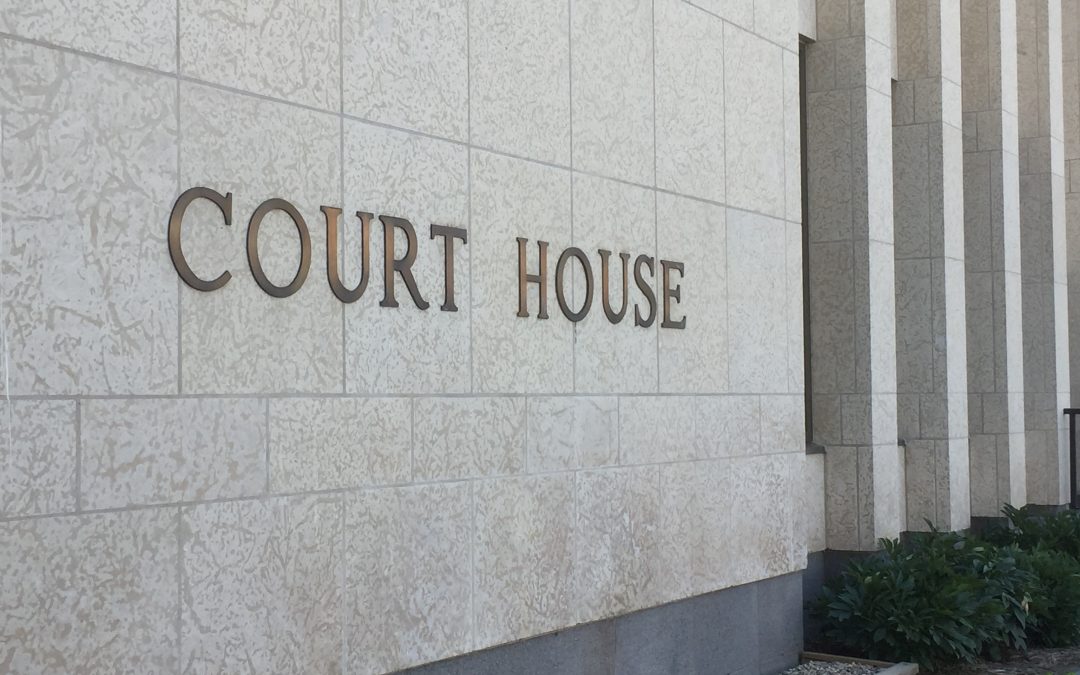By: Marc Lalonde, Local Journalism Initiative Reporter
Delaying the bail hearing of a pair of Indigenous sisters wrongfully convicted of murder is yet another indication of the way Saskatchewan treats Indigenous peoples in the province, the national vice-chief of the Congress of Aboriginal Peoples said earlier this week.
The hearing, originally scheduled for today, will instead be a hearing on whether or not the hearing should be subject to a publication ban which would shut media out of the courtroom, which doesn’t sit well with CAP vice-chief Kim Beaudin.
“It just shows the true colours of the Saskatchewan government. They have no interest in making things right for these two sisters and no interest in the rights of Indigenous people,” he said.
The two sisters he’s talking about are Odelia and Nerissa Quewezance.
In 1993, 70-year-old farmer Anthony Joseph Dolff picked up Odelia and Nerissa — then aged 20 and 18, respectively — from their home on Keeseekoose First Nation in Saskatchewan and took them to his nearby home in the area of Kamsack, about 230 km northeast of Regina.
They were accompanied by the women’s cousin, who was 14.
Dolff propositioned the women after a night of drinking, which led to a confrontation with the cousin. Dolff was stabbed, strangled with a phone cord and had a television thrown on his head. He died at the scene.
The teenage cousin has admitted many times to killing Kolff, including during the ensuing trial, and to journalists. But all three were convicted of second-degree murder in 1994. The sisters received life sentences. Odelia is now living in a halfway house in Winnipeg, while Nerissa is still incarcerated in B.C.’s Fraser Valley. The minor at the time, served four years in a juvenile facility.
Instead of the sisters potentially getting home for Christmas, their next hearing has been scheduled for January 17.
“The fact that today’s hearing is about whether or not the media should be allowed in is a clear sign that (Saskatchewan) doesn’t want people seeing how badly they have messed up this case,” Beaudin said. “It’s further sign that there is an apartheid system in place that they want these Indigenous women in jail for the rest of their natural lives.”
Last summer, federal Justice minister David Lametti formally advised the sisters their case was under review for potential miscarriage of justice. Today’s hearing would have granted the sisters bail and allowed them to go home for the first time since they were incarcerated in 1994.
“The sisters should be home for Christmas. The government has given them a lump of coal for the holidays and it’s insulting – the mistreatment of Indigenous women has got to end,” he said.
Indigenous women make up nearly half the prison population in Canada but Indigenous people only make up five percent of the country’s population. Beaudin said that has to end. “If the government is truly interested in Reconciliation, then this over-representation of Indigenous peoples in prison has to end. Justice must be served,” he said.
